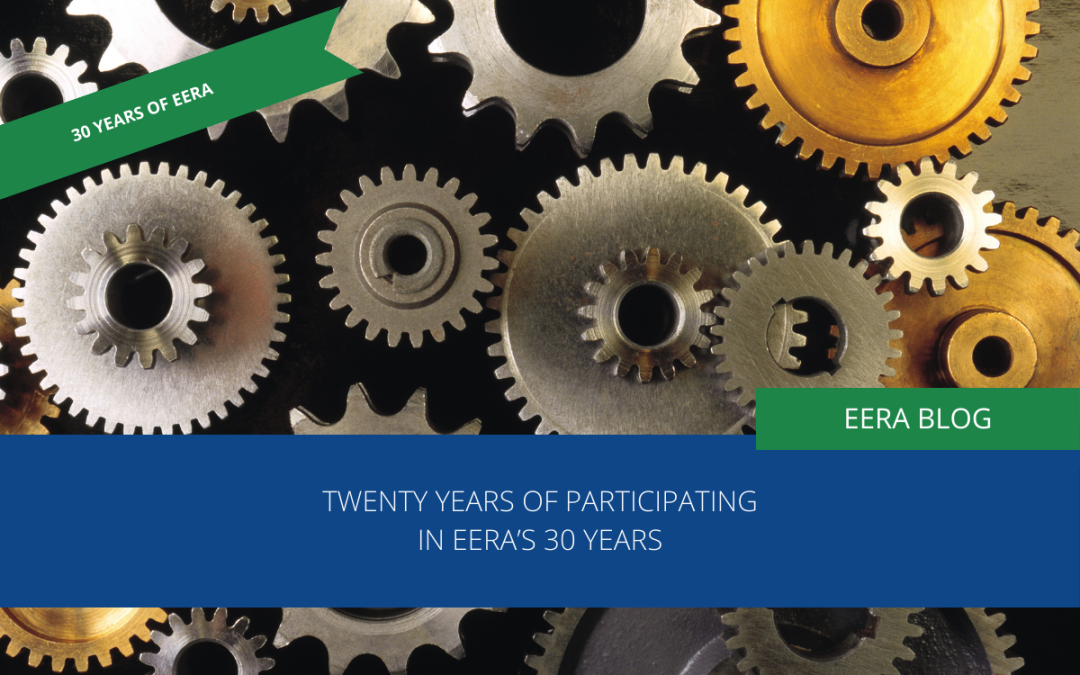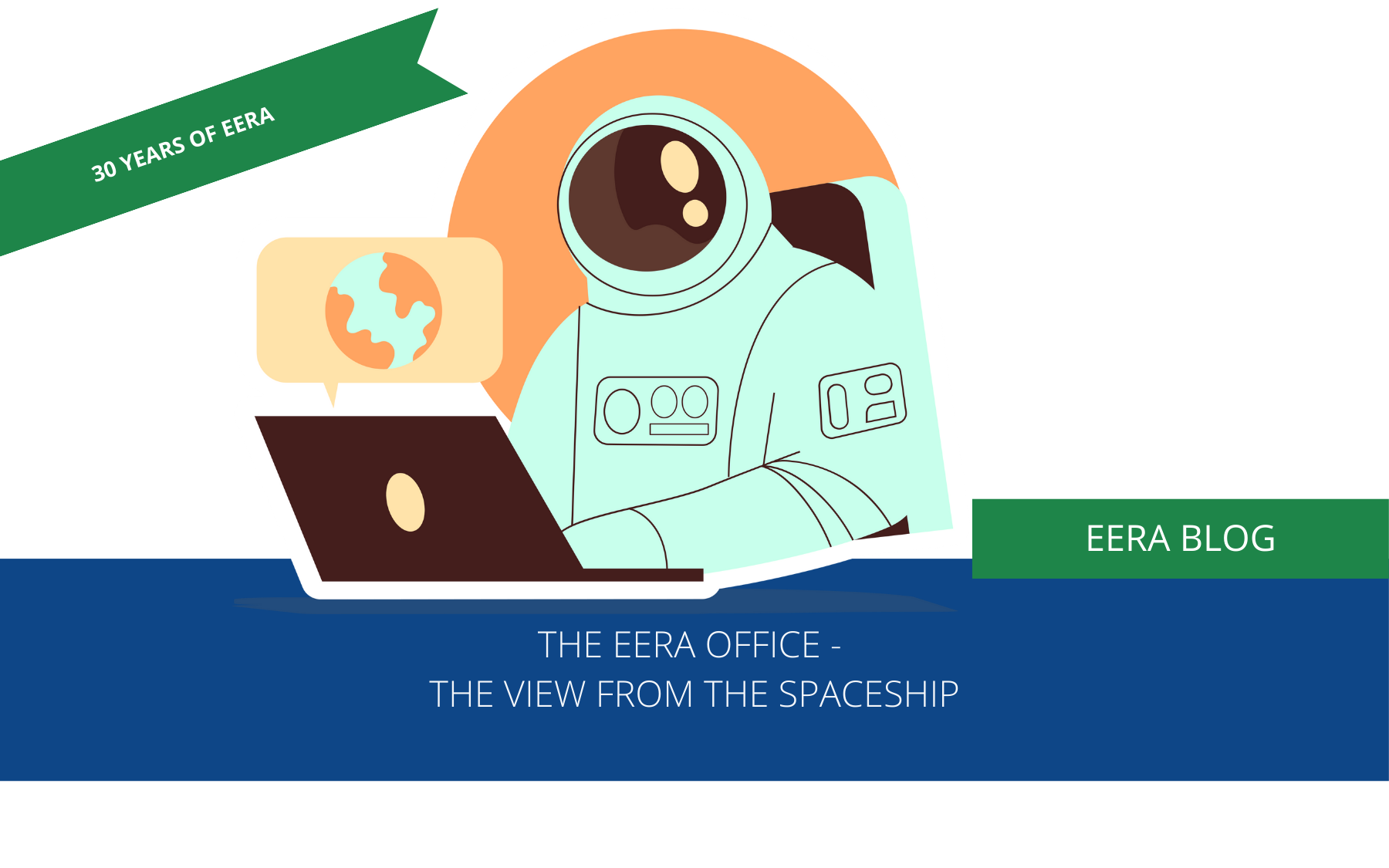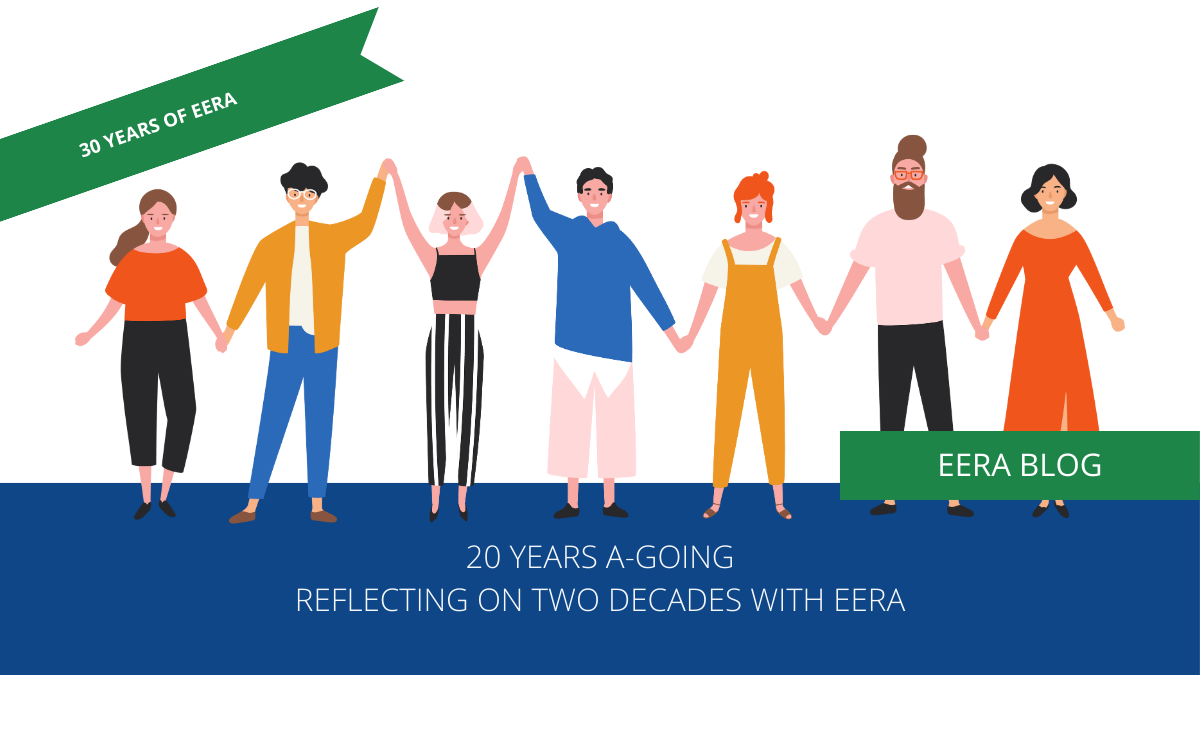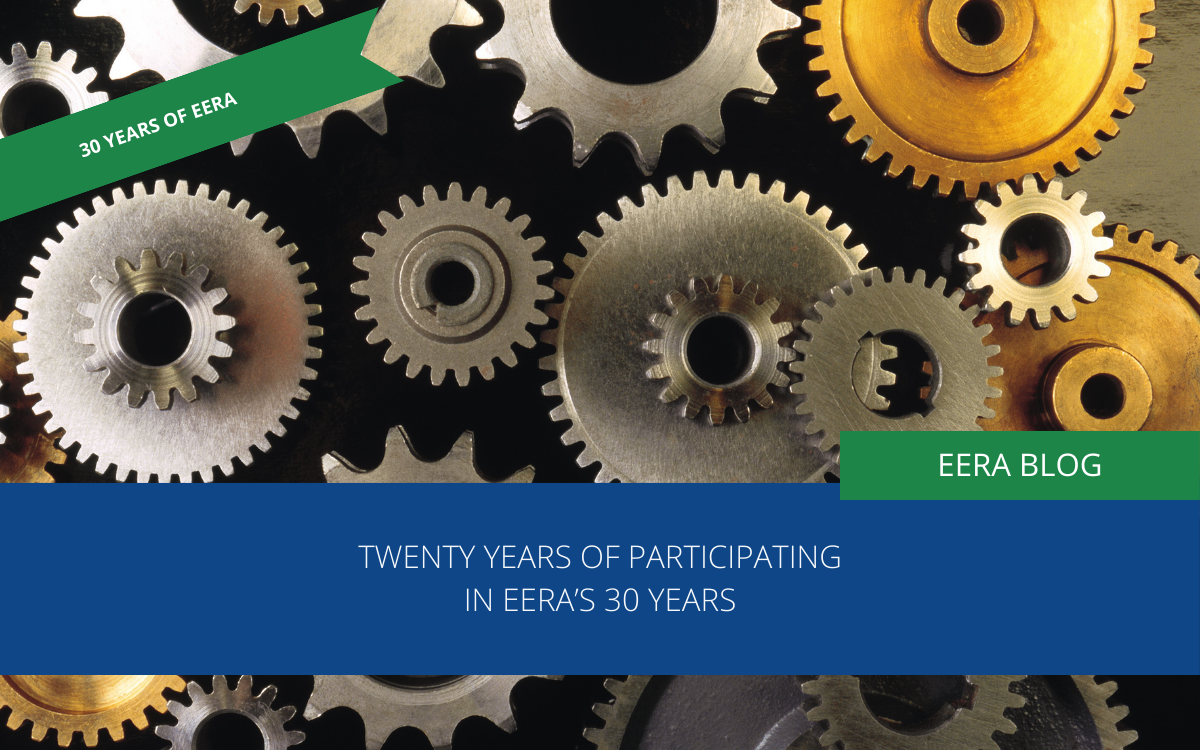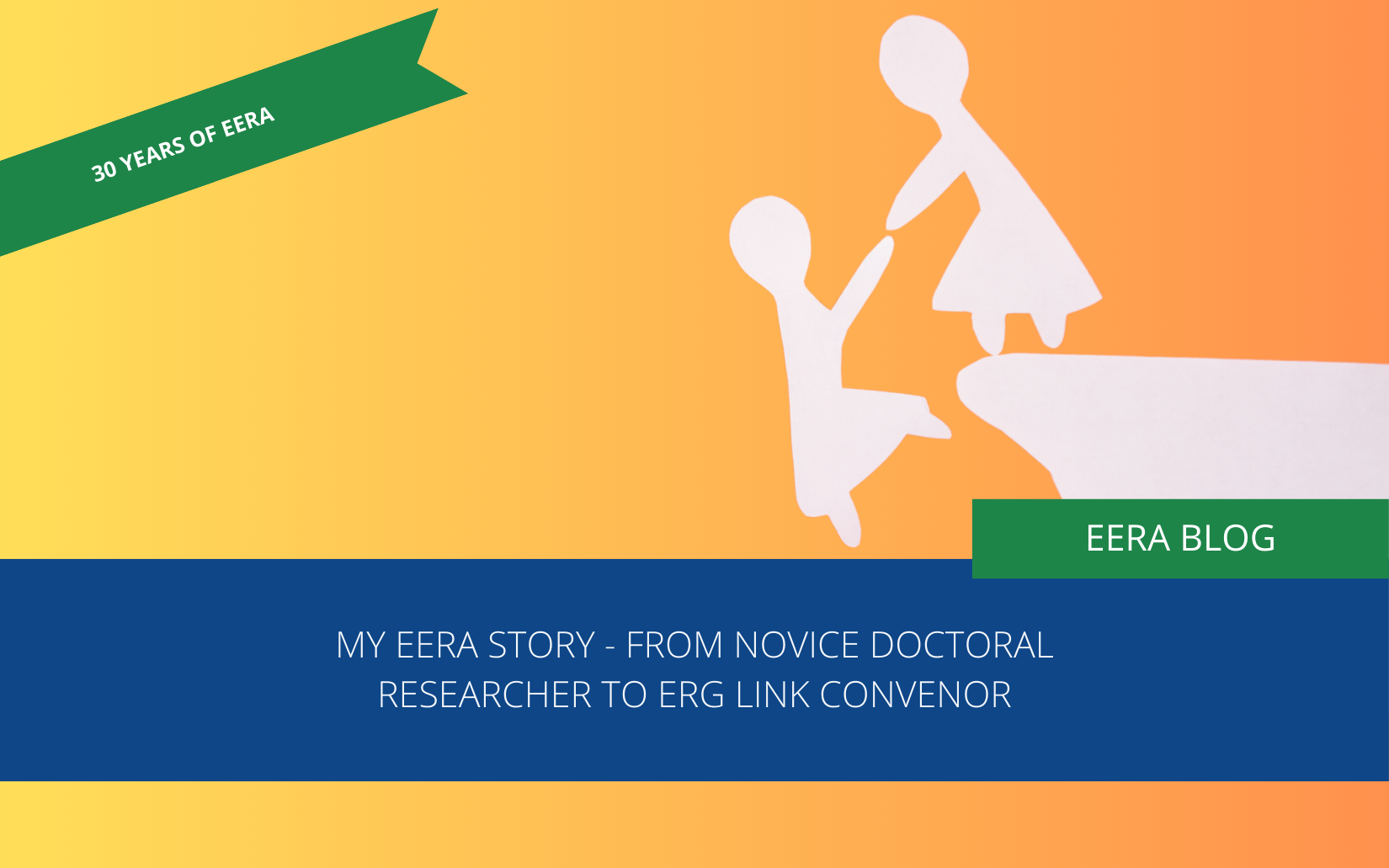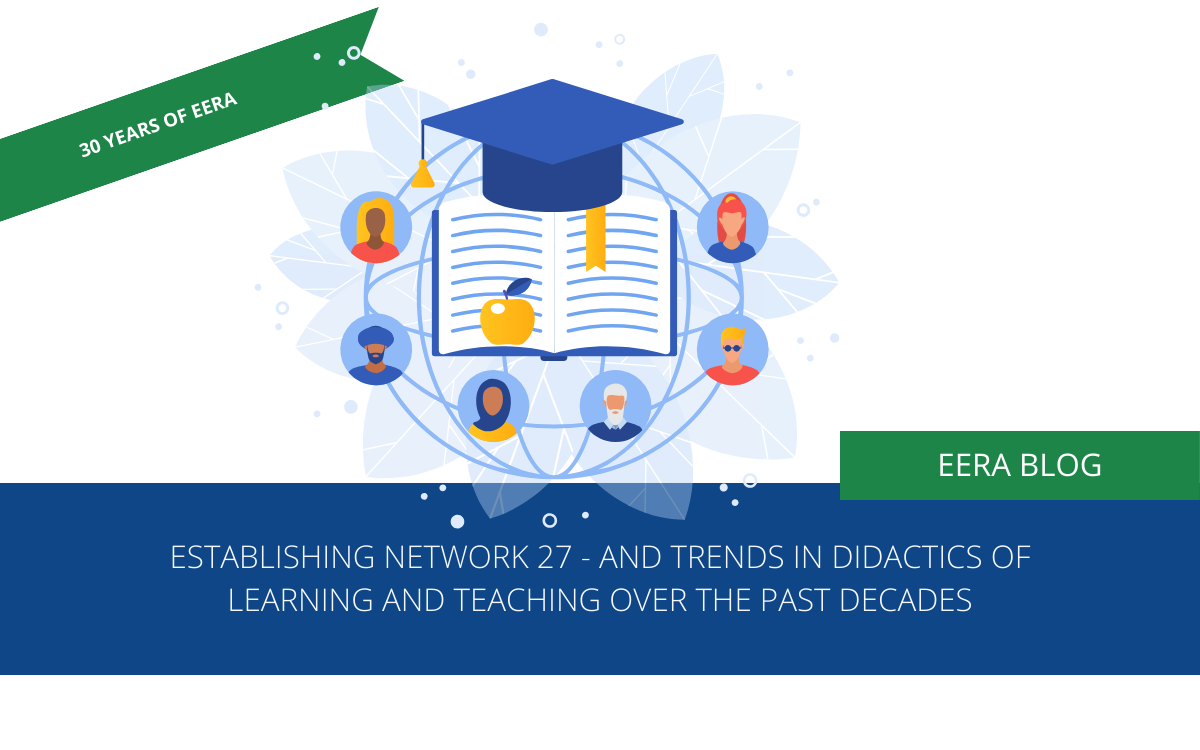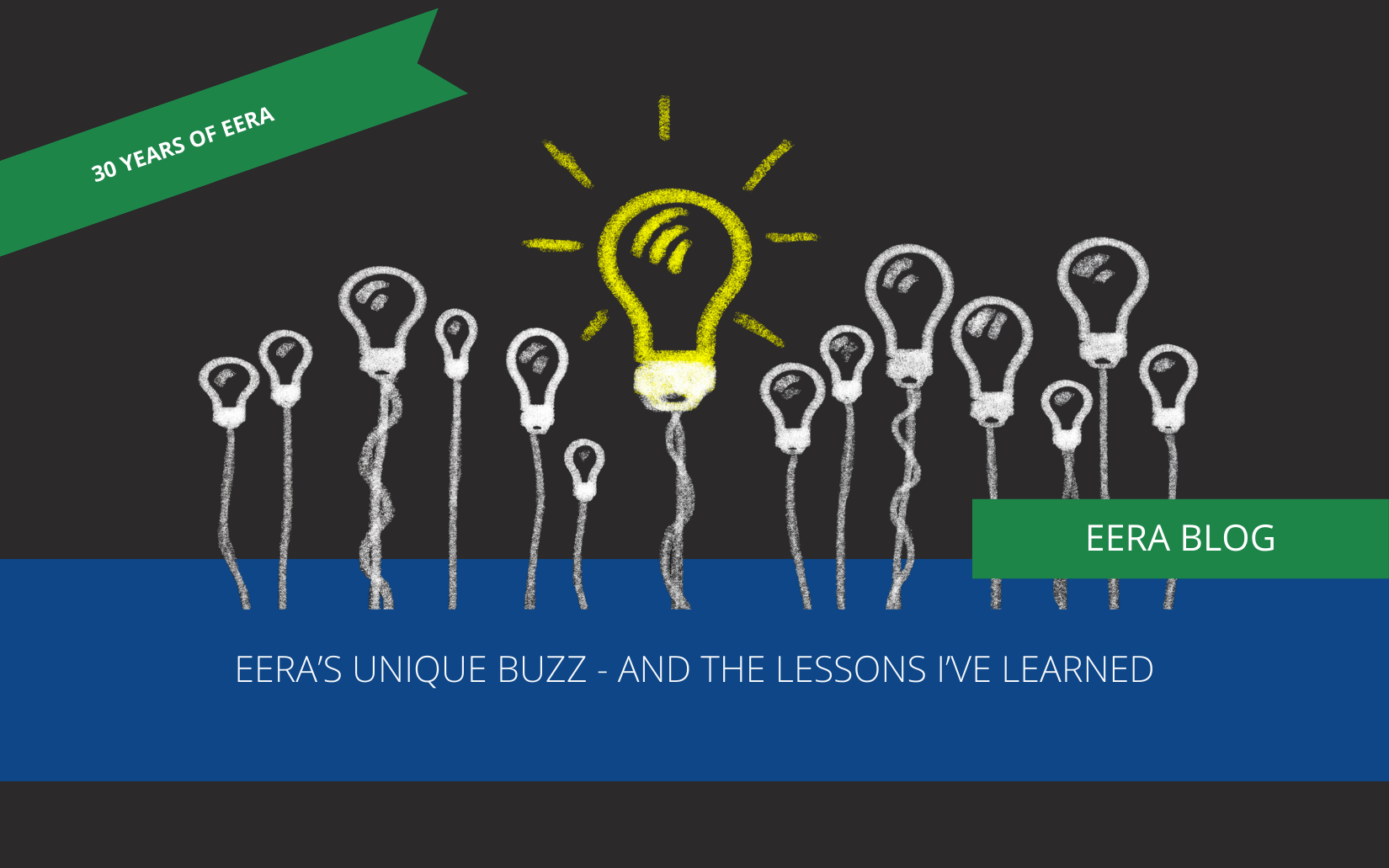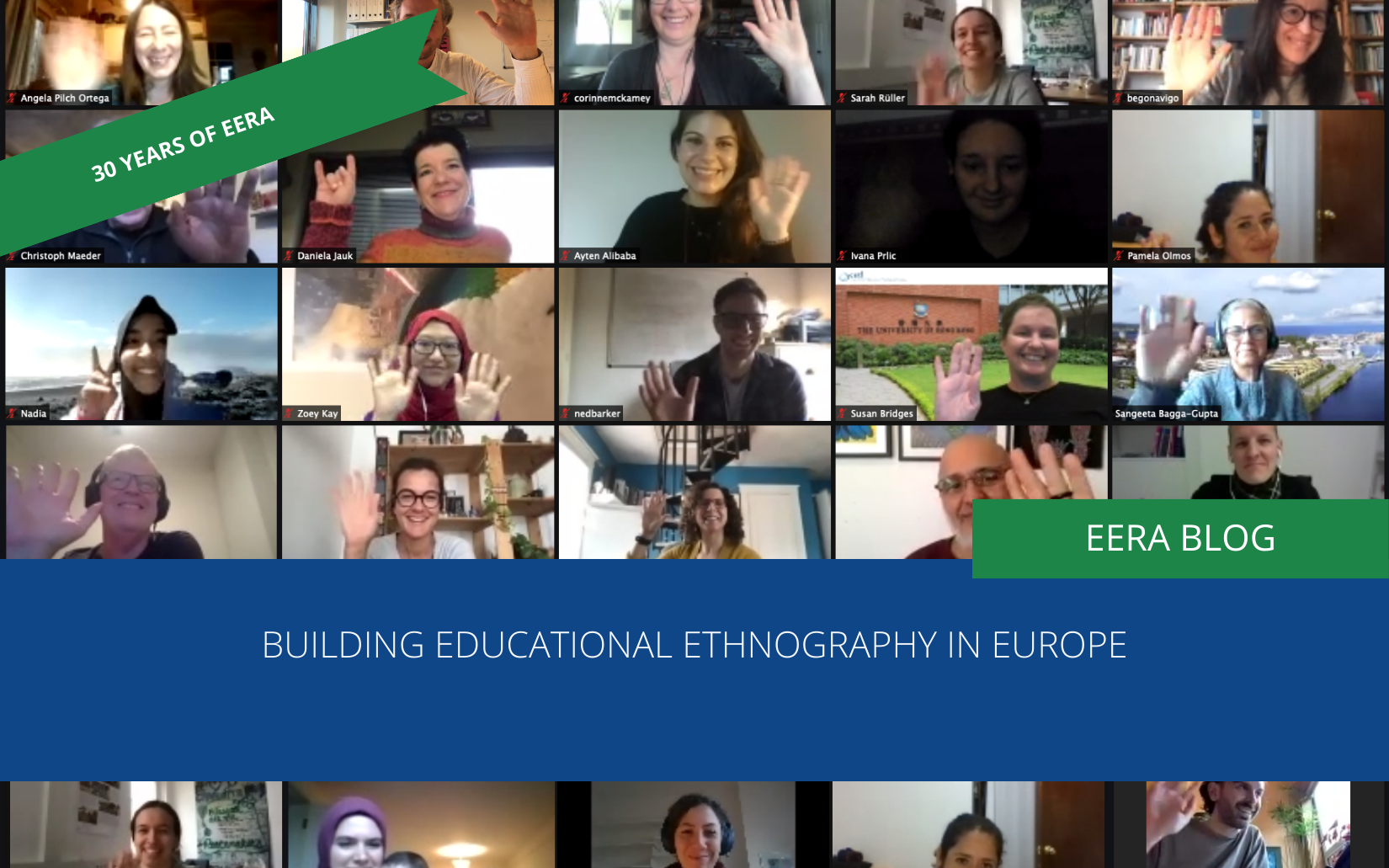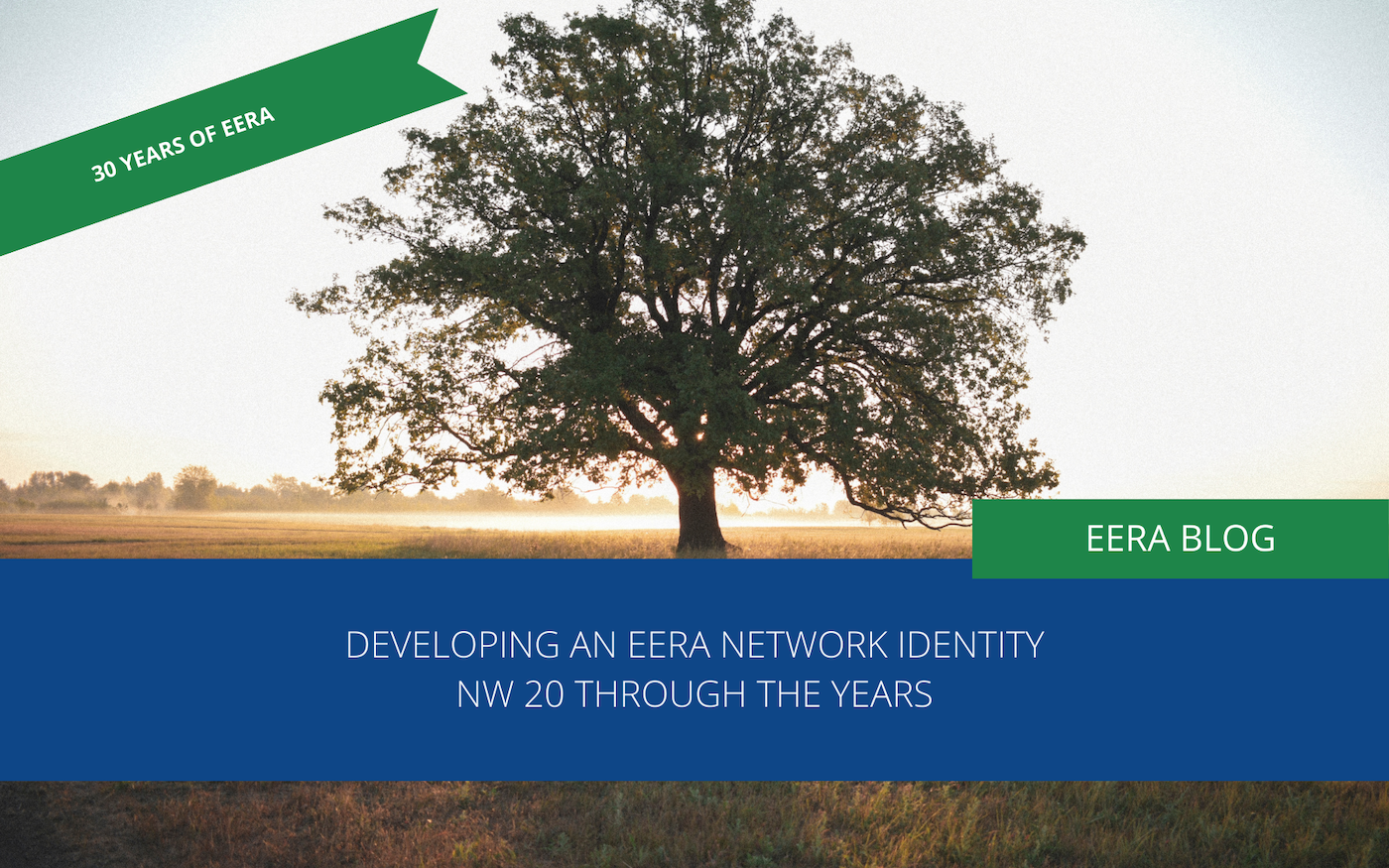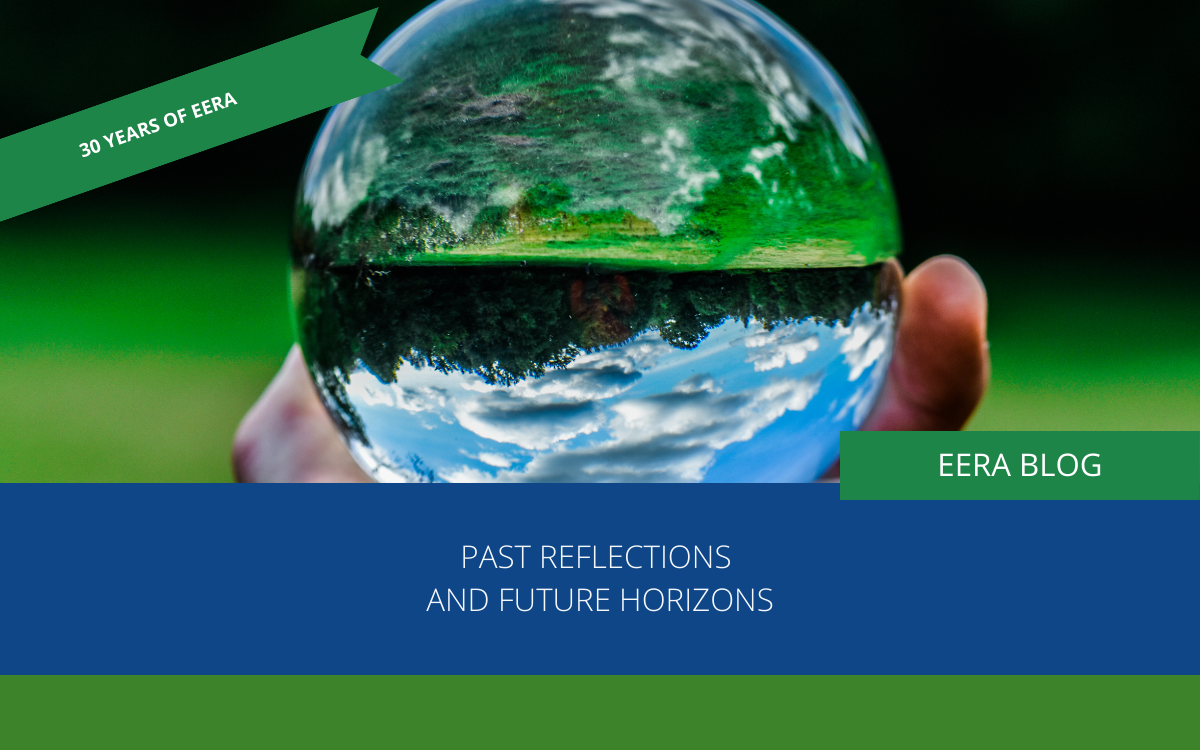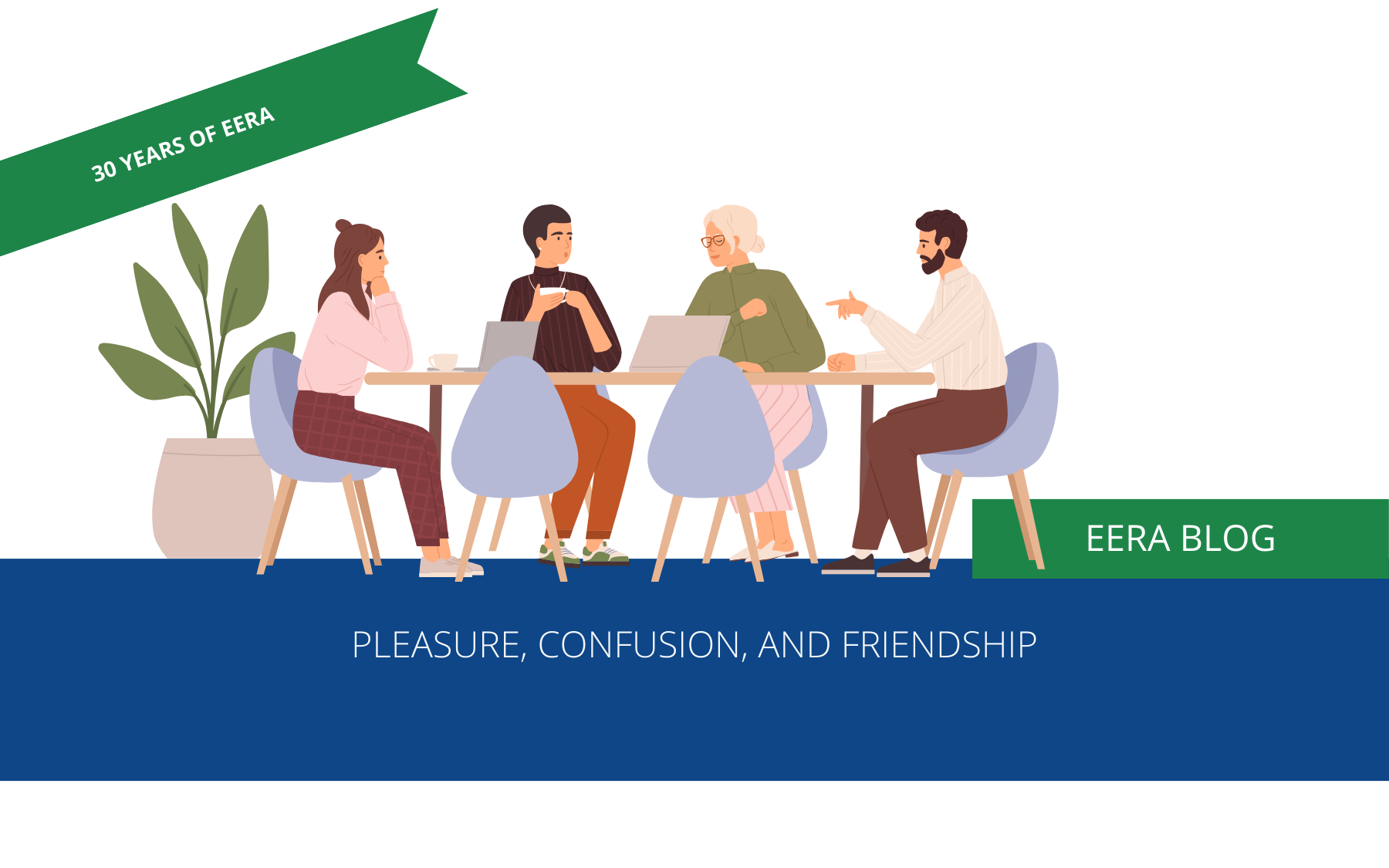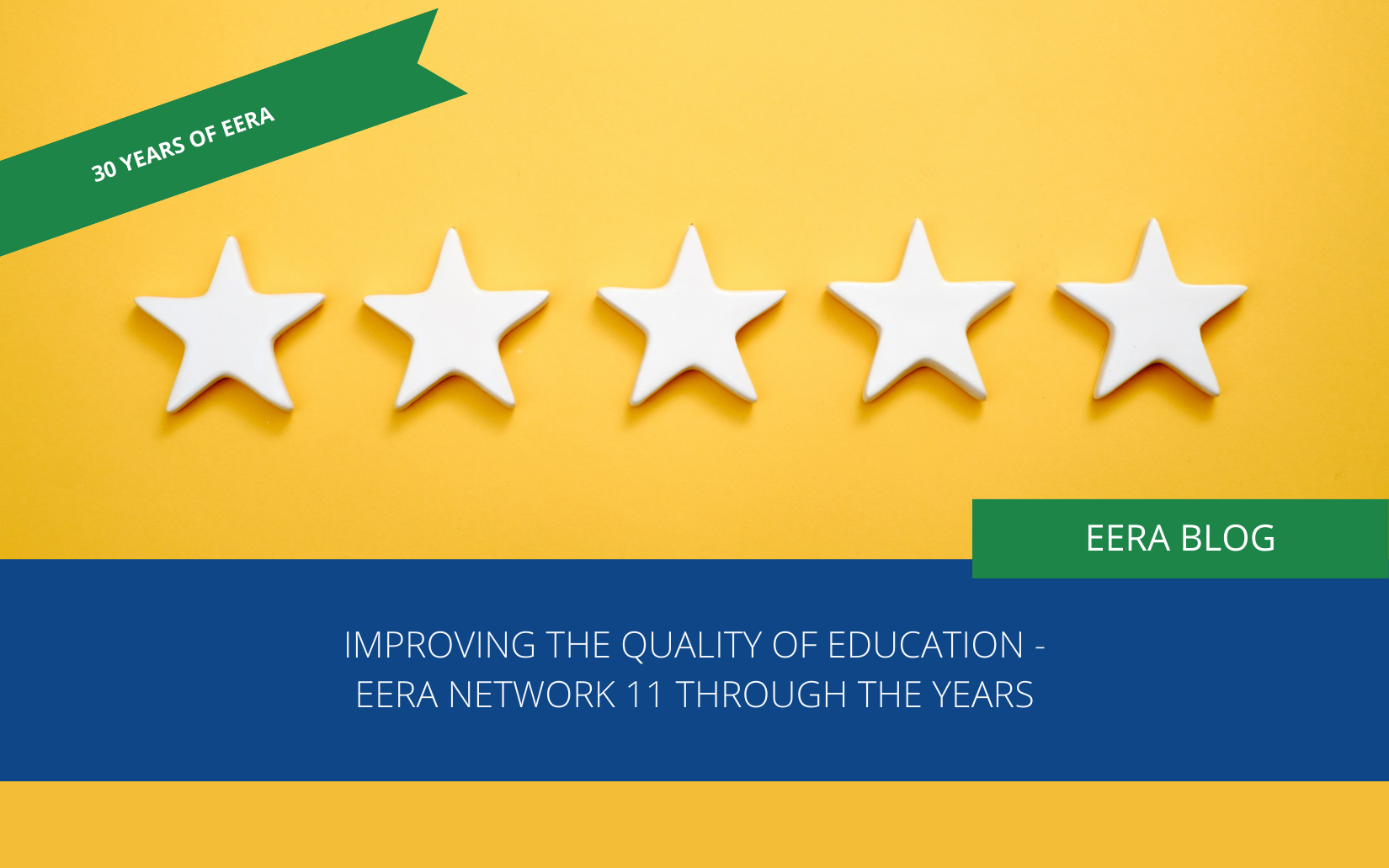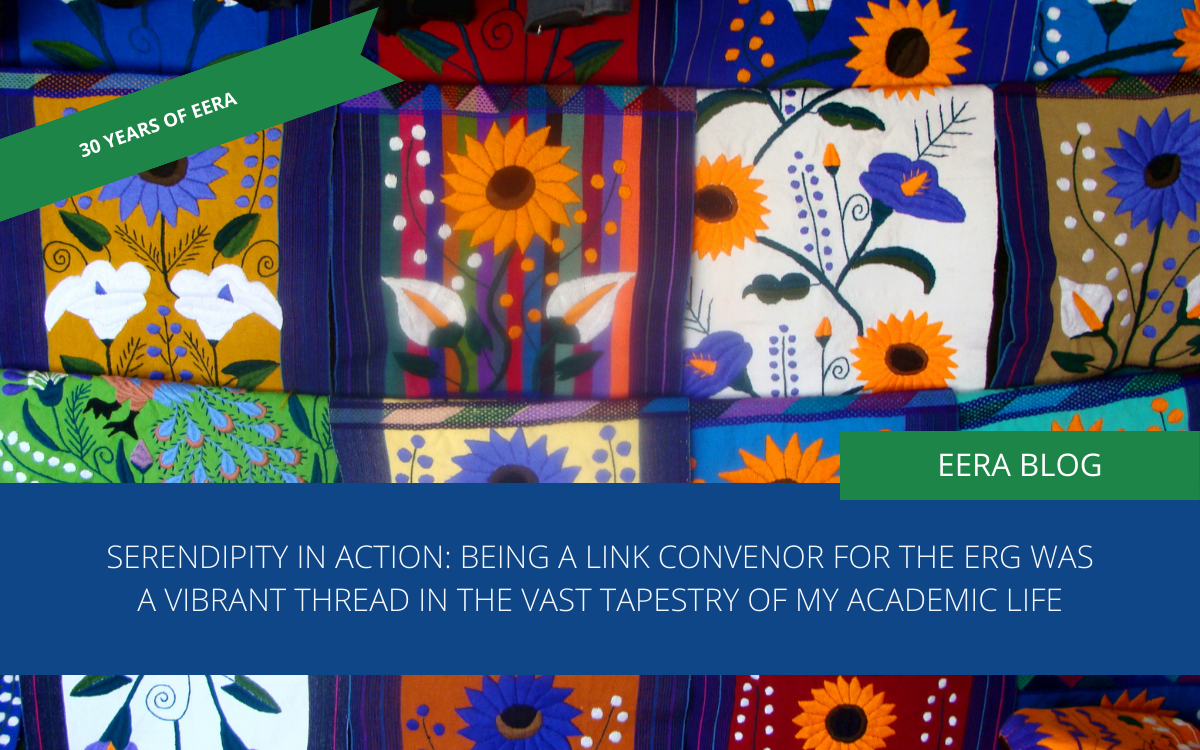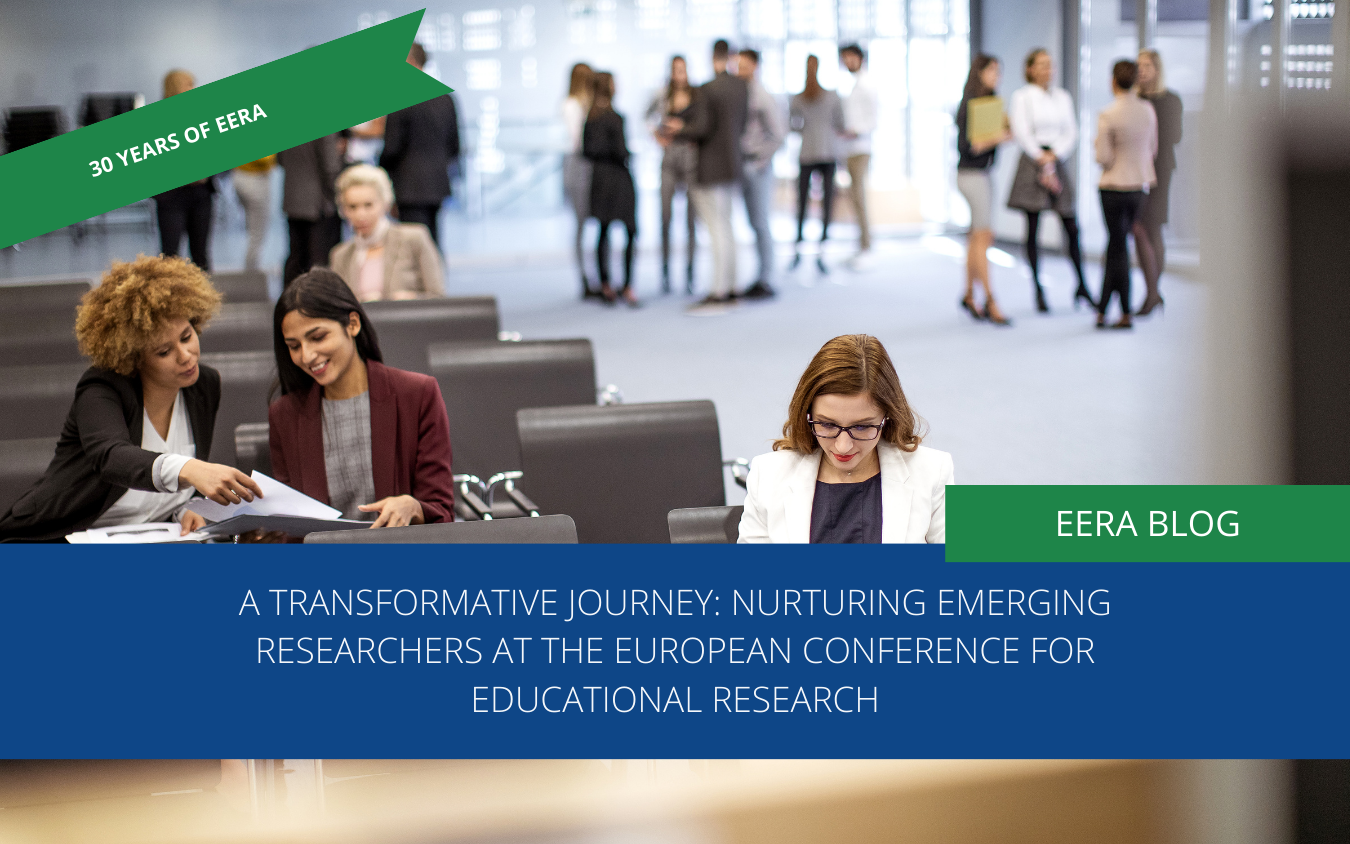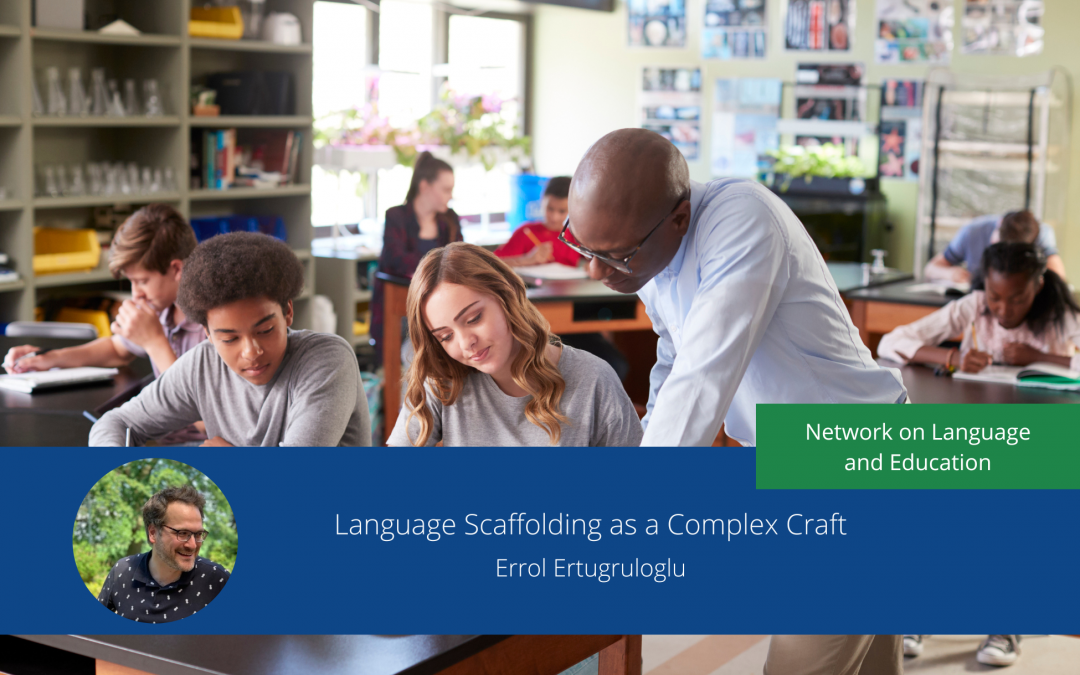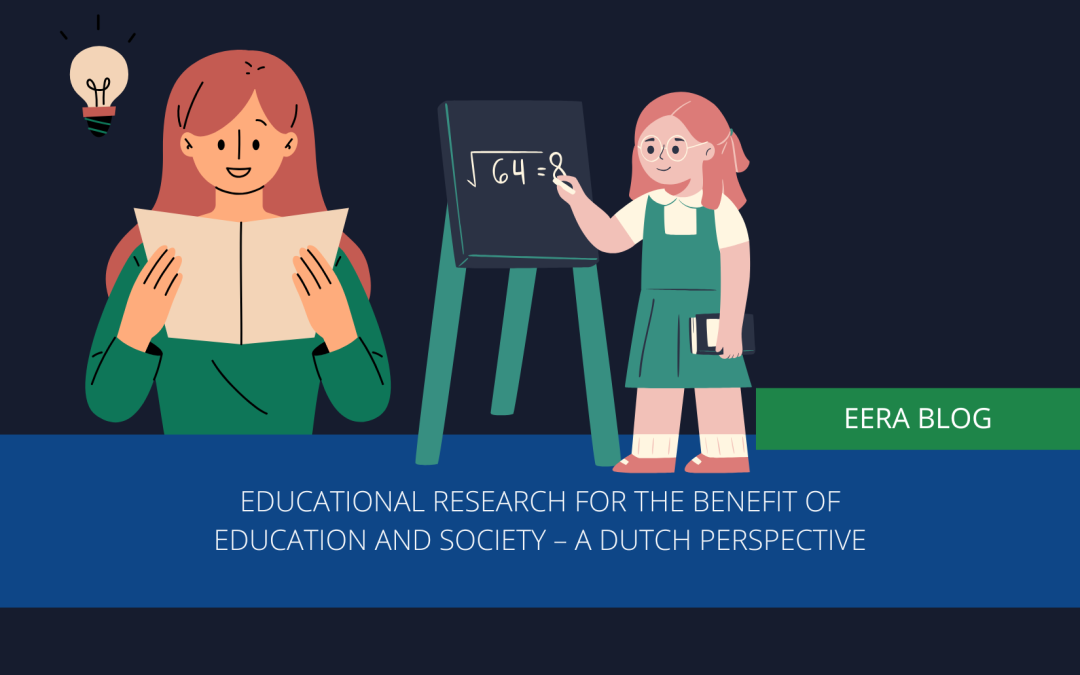
Educational research for the benefit of education and society – A Dutch perspective
“Educational research fails to impact practice.”
“Teachers do not feel supported by educational research.”
These are examples of complaints or judgments on the relationship between educational research and educational practice, that can be heard again and again. In this blog, I want to share the activities that the funding organization for educational research in the Netherlands (NRO: The Netherlands Initiative for Education Research) uses to advance the support of research in practice. It is an example of the way EERA’s mission – Educational research for the benefit of education and society – can be concretized. NRO has a fixed yearly budget of about 15 M€ and considerable amounts of money (over 20M€) for specific purposes, e.g., research and innovation scholarships for teachers in higher education. A substantial amount is used to strengthen the relationship between research and practice.
The most obvious, but perhaps also least effective, practice regards the dissemination of research results from research funded by NRO. To foster dissemination, researchers are encouraged to work together with practitioners, such as teachers, teacher educators, school principals or policy makers during all stages of research. Communication advisors provide support in developing effective dissemination strategies, and help with writing, visualization, and so on. In addition, all kinds of conferences and meetings, where practitioners and researchers jointly participate, are organized. Awards are presented to researchers who significantly connected research and practice.
Another more provocative measure is the participation of practitioners in the assessment for funding of research proposals. Whereas peers evaluate the scientific merit of proposals, practitioners have a say regarding the societal relevance of a proposal.
NRO offers three much more solid and specific ways for supporting practice:
- The Educational Knowledge website – which makes knowledge available to practitioners
- The Knowledge Roundabout website – which provides answers to practitioners’ questions
- The National Education Cohort Study (NCO).
The Educational Knowledge website

The ‘Educational Knowledge‘ website systematically makes knowledge about several topics available for practitioners. For every topic, information is presented in five categories
- What is known from research?
- What practical tools does research provide?
- Examples for practice
- Answers to questions from practice
- Further information
I provide an example for “vocabulary”, one of the over 25 topics. The topic starts with some practical guidelines as follows:
A rich language learning environment in which a lot of reading is done is a requirement for developing a good vocabulary.
What is known about vocabulary?
Words are the basis of our language. Developing a good vocabulary is therefore important for functioning both at school and in society. Several things are important when increasing vocabulary through teaching:
- Offer students a rich language learning environment in which students both read and are read to. In addition, have students talk and write about what they read.
- Focus on both broad vocabulary (the number of words a student knows) and deep vocabulary (how well students know words).
- When learning new words, pay attention not only to the meaning but also to the way you write and pronounce the word.
- In teaching, focus on the words that appear in written texts. Students often learn words that occur in spoken language outside of school.
Where possible, use the dominant home language of multilingual students to increase Dutch vocabulary.
Then, under the tab “What is known from research,” a wealth of information is provided on themes such as:
- Learning new words
- Importance of a good vocabulary
- Word knowledge in memory
- Classification of words in the vocabulary
- Vocabulary and multilingualism
The information is presented in reports, infographics, and so on.
An example of an answer to a question on the vocabulary topic is as follows:
What is the relationship between passive vocabulary and technical reading?
Technical reading skills and passive vocabulary, together with comprehension skills, are essential parts of learning to read. That relationship is reciprocal. Both the number of words a student knows and what they know about a word (form, meaning and use) contribute to learning to read words quickly and accurately. In addition, a student can learn new words through technical reading, and space is created in the student’s working memory for the meaning of words and text comprehension.
Some examples of other topics that are on the website are social-emotional development and wellbeing, professional development of teachers, learning in internships, student school careers, digital literacy, tests and evaluations.
The Knowledge Roundabout website

Named after the ubiquitous traffic cirlcle of the Netherlands, the ‘Knowledge Roundabout’ website kennisrotonde.nl takes the approach of the Educational Knowledge website a step further. Practitioners can ask a question for which the answers can be found in research. So far, nearly 800 such questions have been asked and answered over the last eight years. These answers are provided by researchers, and most are based on research that has already been undertaken. Occasionally, a question might prompt a research study. Two examples:
How can students take control of their own learning process, so that their learning performance increases?
There are strong indications that students can achieve better learning performance if they can take good control of their own learning process. To do this, they must consciously combine different learning strategies, such as relating, analyzing, structuring, orienting, planning and evaluating. Learning to use these strategies requires support from teachers, for example, by continually asking specific questions after modeling (demonstrating or showing).
What is the effect of classroom characteristics on the development of students in secondary education?
Classroom characteristics, such as temperature and light, influence the cognitive development of secondary school students. It seems that these students are less sensitive to certain environmental stimuli than students in primary education. High school classrooms are usually designed for specific subject areas. Students often change classrooms every lesson and therefore experience more variation in their physical learning environment. It is not known whether this is significant for their development.
For the first example, a five-page report with an executive summary provides more information on such issues as: What are important elements in controlling learning? How do you show students that these elements are important? The seven-page report on the second question covers environmental characteristics, such as temperature, color, light, sound, natural environment, air quality and decoration.
National Education Cohort Study
In the Netherlands, a wealth of data on student performance is collected. The National Education Cohort Study (NCO) coordinates this data collection and, more importantly, makes various statistical data available to schools and policy makers. First, the data collected in the context of the NCO is used to provide answers to various educational questions. For example, about the effects of homeschooling on students during the COVID-19 crisis. These answers are clearly published in various fact sheets. Second, the data collected by the NCO is processed into reports that provide schools in primary, secondary and special education with insight into their students’ performance. The purpose of the school reports is to support educational practice by providing input for the direction of educational policy.
We cannot say that all these activities solve the problem of the gap between research and practice, but these certainly help diminish this gap. One indication is that several hundred teachers and school principals attend the annual conference of NRO where practitioners and researchers discuss research results and ideas for research.
Key Messages
Dutch Strategies to Enhance Relevance of Educational Research
• Funding of collaboration between researchers and practitioners.
• Practitioners participate in evaluating research proposals to assess societal relevance.
• Awards and events recognize efforts to connect research and practical applications.
• The Educational Knowledge website organizes research findings into practical categories, such as tools, examples, and answers to common questions.
• The Knowledge Roundabout website allows educators to submit specific questions, providing research-based answers or occasionally prompting new research.
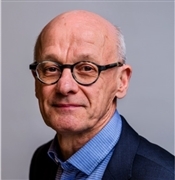
Emeritus Professor Theo Wubbels
Theo Wubbels is emeritus professor of Educational Sciences at Utrecht University in the Netherlands. His research interests developed in his career from the pedagogy of physics education, via problems and supervision of beginning teachers and teaching and learning in higher education to studies of learning environments and especially interpersonal relationships in education. During his career among others he was a physics teacher in a Montessori High school, and served as Director of Teacher Education, Dean of the Graduate School of Social and Behavioural Sciences, Admissions Dean and Vice-rector for Teaching and Learning of Utrecht University. He was treasurer (2009 – 2013) and president of the European Educational Research Association (2014 – 2018). He published over 200 international journal articles and edited several books in Dutch and English. He is fellow of the American Educational Research Association.

